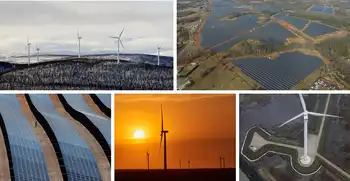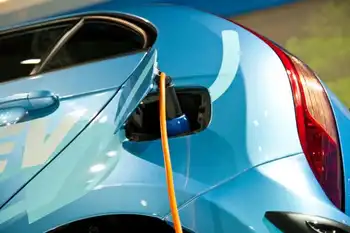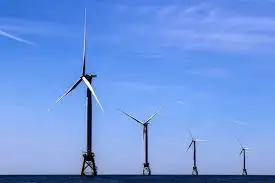Hospitals seek isotope as Ottawa pushes to restart reactor
The University Health Network recently received a generator which will supply isotopes to its hospitals as well as the Hospital for Sick Children, Mount Sinai and Women's College.
Because that supply of isotopes is limited and has a short shelf life, the hospital network– comprised of Toronto General, Toronto Western and Princess Margaret – can only supply the hospitals December 11 with no future supply confirmed, said spokesperson Fiona Hill.
More is being sought. The shortage, caused by the shutdown of the Atomic Energy of Canada Ltd. reactor, could last until January.
Cancer Care Ontario, in charge of cancer services across the province, has contacted all cancer hospitals with a suggested list of treatment priorities and alternatives.
Health Minister Tony Clement and Natural Resources Minister Gary Lunn said the "government has confirmed the parts and equipment required to complete the upgrade maintenance on the Chalk River facility has been expedited."
And in a letter they urged nuclear safety commission president Linda Keen to consider the health of Canadians in the decision on when the reactor will be restarted.
Related News

Amazon launches new clean energy projects in US, UK
WASHINGTON - Amazon is launching three renewable energy projects in the United States and the United Kingdom that support Amazon’s commitment to using net zero carbon energy by 2040.
The U.K. project is a wind farm on the Kintyre Peninsula in Scotland. It will generate 168,000 megawatt hours (MWh) of clean energy each year, enough to power 46,000 U.K. homes. It will be the largest corporate wind power purchase agreement (PPA) in the U.K.
The other two are solar projects – one in Warren County, N.C, and the other in Prince George County, Va. Together, they are expected to generate 500,997 MWh…





